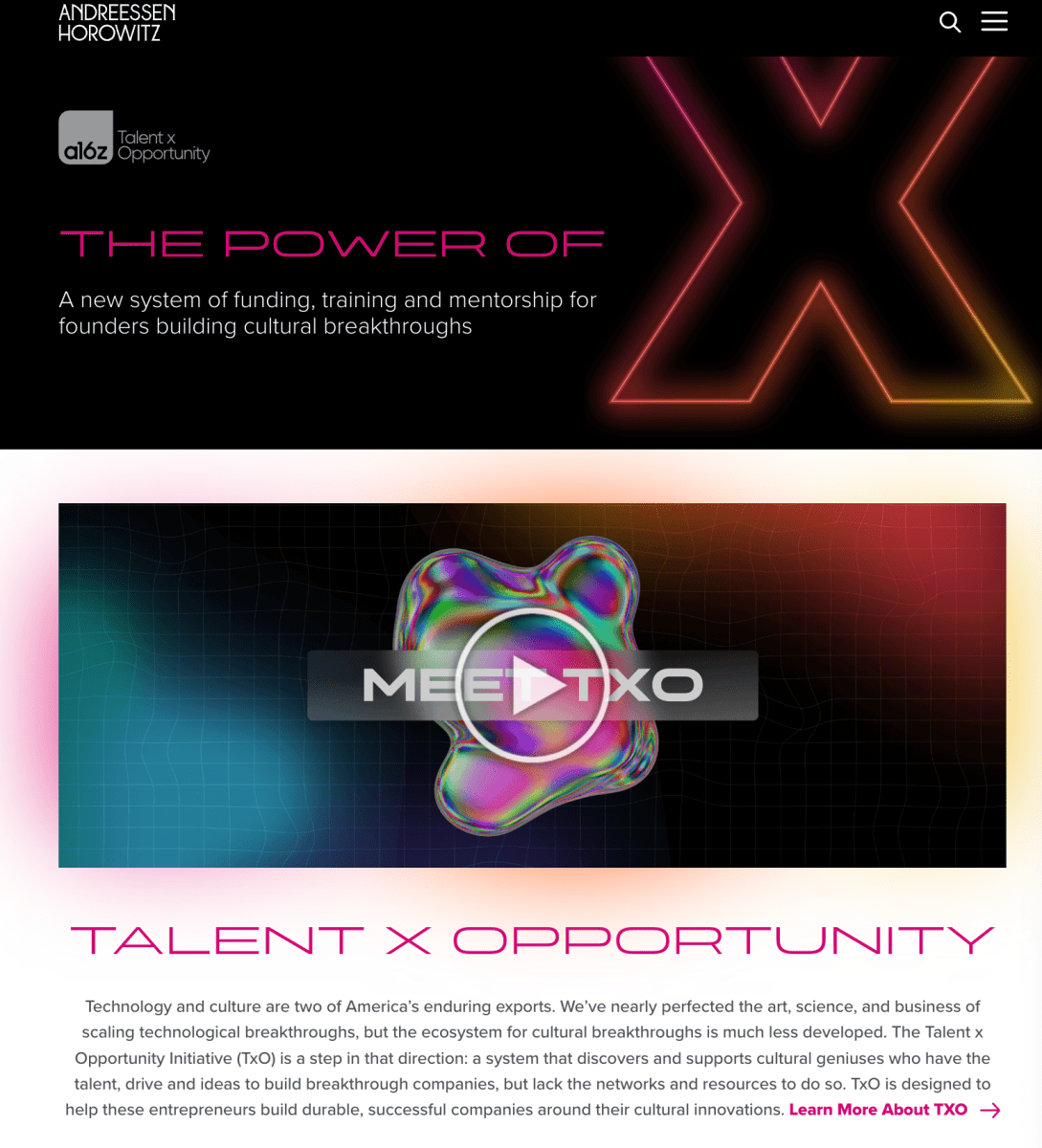That’s not so for many other crawlers, making Google an outlier among major players.
This is a sore point for a wide range of website administrators, from news websites that publish journalism to investment banks that produce research reports.
A July study from the Pew Research Center analyzed data from 900 adults in the US and found that AI Overviews cut referrals nearly in half. Specifically, users clicked a link on a page with AI Overviews at the top just 8 percent of the time, compared to 15 percent for search engine results pages without those summaries.
And a report in The Wall Street Journal cited a wide range of sources—including internal traffic metrics from numerous major publications like The New York Times and Business Insider—to describe industry-wide plummets in website traffic that those publishers said were tied to AI summaries, leading to layoffs and strategic shifts.
In August, Google’s head of search, Liz Reid, disputed the validity and applicability of studies and publisher reports of reduced link clicks in search. “Overall, total organic click volume from Google Search to websites has been relatively stable year-over-year,” she wrote, going on to say that reports of big declines were “often based on flawed methodologies, isolated examples, or traffic changes that occurred prior to the rollout of AI features in Search.”
Publishers aren’t convinced. Penske Media Corporation, which owns brands like The Hollywood Reporter and Rolling Stone, sued Google over AI Overviews in September. The suit claims that affiliate link revenue has dropped by more than a third in the past year, due in large part to Google’s overviews—a threatening shortfall in a business that already has difficult margins.
Penske’s suit specifically noted that because Google bundles traditional search engine indexing and RAG use together, the company has no choice but to allow Google to keep summarizing its articles, as cutting off Google search referrals entirely would be financially fatal.
Since the earliest days of digital publishing, referrals have in one way or another acted as the backbone of the web’s economy. Content could be made available freely to both human readers and crawlers, and norms were applied across the web to allow information to be tracked back to its source and give that source an opportunity to monetize its content to sustain itself.


